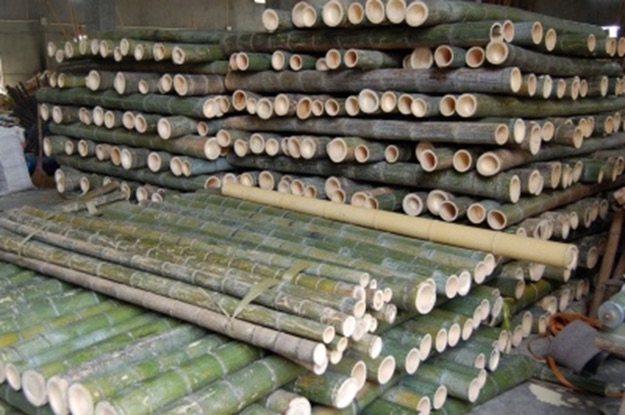
By Kofi Adu Domfeh
It took an industrial action by workers of the Ghana Civil Aviation Authority (GCAA) recently to get their concerns of land sales and encroachment partly addressed by the government.
Domestic flights had to be grounded as part of the agitations before a compromise was reached for the GCAA to have 153 acres of the demanded 640 acres of land released.
The parcels of land reserved for the installation of aviation equipment are being sold to private estate developers.
The civil aviation scenario is a microcosm of the worrying land situation in Ghana.
Unfortunately for institutions that lack the power of impactful industrial strike, lands earmarked for research activities are stealthily encroached, taken over and sold out by traditional authorities and other custodians.
Among State institutions suffering from the land grabbing spree is Council for Scientific and Industrial Research (CSIR), which is mandated to pursue the implementation of government policies on scientific research and development.
The over 15 research institutes under the council are engaged in activities of importance to the development of agriculture, health, environment, technology, industry and other service sectors of the Ghanaian economy.
But the Council is gradually losing its research lands across the country – over 370 acres of land, mostly in the Greater Accra region.
Some individuals with the mandate to guard national asset are rather pursuing their parochial interest by approbating to themselves lands acquired by the State – through Certificate of Allocation – without consulting people entrusted with the management of such lands.
Private individuals with links at the corridors of political power manage to get the Lands Commission to sign off lease agreement for land occupied by the CSIR as demonstration fields and other research purposes.
In some instances, CSIR staff are manhandled and terrorized with impunity by hired land guards whilst court injunctions are gleefully overlooked.
The Research Staff Association of the CSIR has cautioned that the country’s food and water security is threatened by the unbridled grabbing of lands earmarked for agricultural research and development.
The researchers are forced to waste precious time to fight, protect and reclaim the lands, instead of focusing on their mandate to conduct research for national development.
Ironically, the Council seems to be fighting the very State institutions that should help protect the lands as calls for government’s support to protect the lands from encroachment are ignored.
The challenge of land grabbing is indeed alarming in the country.
Ghana’s food and water security is already under threat as arable lands are lost to environmentally-destructive illegal mining activities as well as infrastructural expansion projects.
Water bodies and wetlands are being destroyed for the construction of commercial and residential infrastructure.
Peri-urban agriculture is now a luxurious venture with no land left for such farming activities.
The unbridled acquisition of rural lands by foreign investors, often for biofuel projects, also have negative implications for Ghana’s forest resource management and deprive local people of sustainable livelihoods.
The rush for land threatens to squeeze out poor communities with weak land rights.
There have been demonstrations and agitations in a number of communities against traditional authorities for selling lands illegally to foreigners without compensation.
Forest reserves are also not spared. In the last two decades, mining companies have targeted forest reserves and the number of requests for exploration permits to mine in forest reserves has increased.
Land utilization in line with modern day planning and the complexity of land ownership pose a tough challenge to stimulate the socio-economic development agenda of the country.
The smooth coordination of the country’s land sector has been hindered by lack of modern information management systems – conflict of interest often ensue among government, traditional leaders and private individuals in the acquisition of land for business or community development projects.
For the past decade, Ghana has implemented a Land Administration Project with the objective to promote efficient and transparent land delivery services.
But challenges persist. The siting of markets, recreational, religious and school sites as well as sanitation and vehicular parks has sometimes being a herculean task in communities.
As the global population soars, farmlands and freshwater are increasingly becoming valuable resources.
But as land becomes a scarce resource, should personal parochial interests be allowed to override the national development agenda of reserving lands for research and development?











